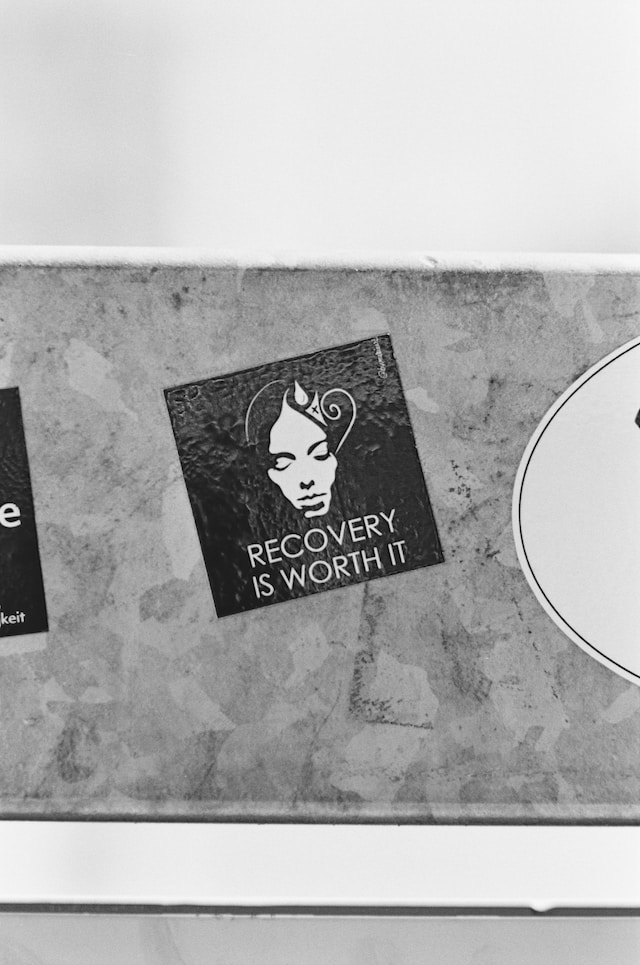Nurturing Your Inner Strength: Embarking on a Journey of Trauma Recovery
Introduction
In our lives, we sometimes face trials that test our limits and leave us scarred. However, even in the face of such adversity, the human spirit proves resilient. Welcome to “Embarking on a Trauma Recovery Journey: A Guide to Cultivating Inner Strength.” This article is your companion, here to guide you through recognizing trauma, seeking support, embracing self-care, fostering resilience, extending forgiveness, and celebrating every step of progress on your path to healing. You’re not alone in this journey; with this guide, you’ll reclaim your inner strength and start anew.
The Weight of Trauma
Life can be a rollercoaster ride, filled with peaks of joy and valleys of challenging experiences. Some of us carry the weight of past traumas, shadows lurking beneath our conscious awareness, affecting us in ways we might not realize.
The Power of Healing
But fear not! This blog post is here to illuminate the path of trauma recovery, offering guidance and inspiration as you embark on a transformative journey toward healing and rediscovering your inner strength.
Recognizing the Signs
Emotional Signs
The first step towards healing is recognizing the signs of unresolved trauma. Do you often find yourself pushing people away while simultaneously yearning for connection? Are there moments when memories resurface unexpectedly, causing discomfort or unease?
Physical Symptoms
Do bouts of success trigger anxiety, or are there persisting doubts about the direction of your life? The trauma might manifest in various physical symptoms, all demanding your attention. Embrace the power of self-awareness and take the reins of your healing process.
Seeking Support
Turning to Trusted Individuals
Remember, healing isn’t a solitary journey. Reach out to supportive individuals – friends, family, or mentors who can lend a listening ear, offer guidance, and provide a safe space to express your emotions.
Professional Help
Professional help, such as trauma practitioners, therapists, or counselors specializing in trauma recovery, can be invaluable. They provide tools and techniques designed to navigate through the healing process effectively.
Embracing Self-Care
Mindfulness and Relaxation
Self-care becomes paramount on this journey of recovery. Nurture your mind, body, and soul by engaging in activities that bring joy, peace, and relaxation. Practice mindfulness and meditative exercises to keep your thoughts grounded.
Physical Health and Wellness
Take care of your physical well-being by exercising regularly, maintaining a balanced diet, and getting enough restorative sleep. Remember, a healthy body contributes to a healthy mind.
Cultivating Resilience
Developing Coping Mechanisms
Resilience is the key to overcoming trauma. Concentrate on developing coping mechanisms and self-soothing techniques that work best for you. Experiment with different practices until you find the ones that bring you the most comfort.
Resilience through Passion and Hobbies
Look for therapeutic outlets such as meditation, deep breathing exercises, journaling, or immersing yourself in hobbies that light up your passion. Cultivating resilience in this way reveals your inner strength and equips you to face future challenges head-on.
Unearthing the Power of Forgiveness
The Role of Forgiveness in Healing
A transformative step in trauma recovery is embracing forgiveness. It may seem like an uphill task, but forgiving others and yourself brings liberation.
Steps towards Forgiveness
Forgiveness doesn’t mean forgetting or condoning actions that cause harm. Instead, it allows you to unburden yourself from the heavy chains of resentment, enabling you to move forward with renewed peace and compassion.
Celebrating Growth and Progress
The Importance of Celebrating Victories
As you progress on your healing journey, celebrate every victory, no matter how small. Acknowledge your growth, resilience, and newfound wisdom.
Building a Supportive Community
Surround yourself with a supportive community – loved ones who uplift and validate your progress. Healing is not linear, and every step forward is a triumph worth celebrating.
Conclusion
Reclaiming Your Inner Strength
Reclaiming your inner strength and embarking on a journey of trauma recovery requires courage, self-compassion, and a willingness to confront past wounds.
Embracing the Future
By recognizing the signs, seeking support, embracing self-care, cultivating resilience, unearthing the power of forgiveness, and celebrating growth, you are actively paving the way for a brighter, more empowered future. Trust in your ability to heal; remember, you are not alone on this transformative path.
FAQs:
- Q: Why is recognizing the signs of trauma vital? A: Recognizing the signs of trauma is the first step toward healing. It allows you to understand the impact of your experiences and take charge of your healing process.
- Q: How can I cultivate resilience during trauma recovery? A: Resilience can be cultivated through developing coping mechanisms, self-soothing techniques, and engaging in therapeutic activities like meditation, deep breathing exercises, or hobbies.
- Q: What role does forgiveness play in trauma recovery? A: Forgiveness towards others and oneself is a liberating step in trauma recovery. It helps you to let go of resentment and move forward with peace and compassion.
- Q: How can I celebrate progress during my trauma recovery journey? A: Celebrating progress can be as simple as acknowledging your growth and resilience, or it could involve surrounding yourself with a supportive community that validates your progress.
- Q: Is it possible to recover fully from trauma? A: Recovery is a personal and unique journey for everyone. With time, support, and the right tools, healing from trauma and leading a fulfilling, healthy life is possible.
References:
- American Psychological Association – Trauma
- Mayo Clinic – Self-care: 4 ways to nourish body and soul
- Harvard Health Publishing – The power of forgiveness
- Psychology Today – Resilience and the ability to weather tough times
- Verywell Mind – How to Recognize Traumatic Stress and PTSD Symptoms
